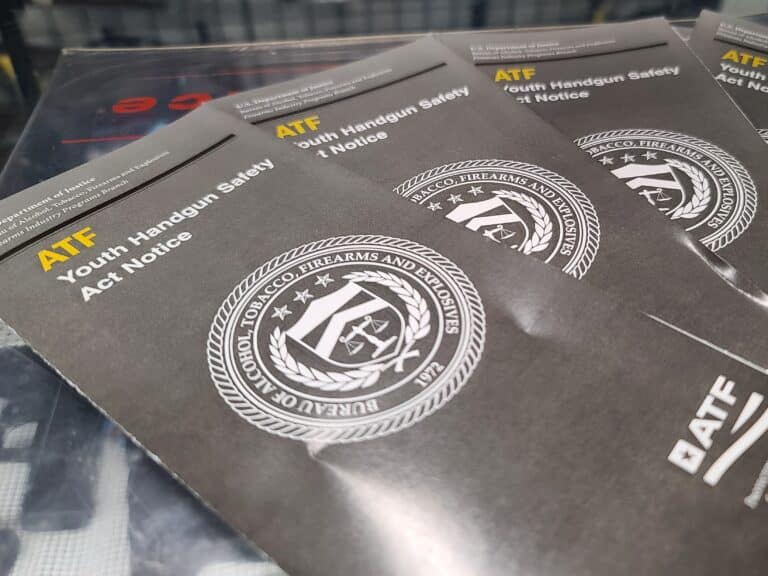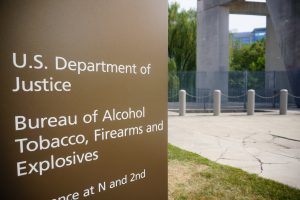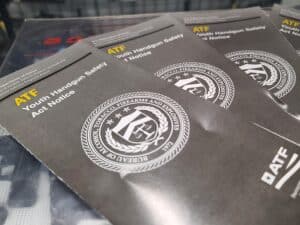The Bureau of Alcohol, Tobacco, Firearms, and Explosives (ATF) has changed the way it regulates firearms sellers.
On Friday, the ATF announced a new policy for handling oversight of the more than 130,000 federal firearms licensees. It loosens the rules for when those licenses should be revoked, and the bureau even encouraged some people who had their licenses revoked under the previous policy to reapply. The head of the ATF said the change is about “getting it right and making sure we’re focused on public safety.”
“Under the previous policy, some licensees were being penalized for simple mistakes such as, forgetting to put their license number on forms,” Acting Director Daniel Driscoll said in a statement. “This new guidance gives our investigators the discretion to tell the difference between an honest mistake and a real threat to public safety. Law-abiding dealers deserve a system that treats them fairly, not like suspects.”
The move is a clear repudiation of the way former President Joe Biden ran the ATF, which President Donald Trump was highly critical of during his 2024 campaign. It reorients the ATF to a more friendly posture toward gun industry members, which Driscoll described as “our partners and the first line of defense in our efforts to combat firearms trafficking.”
The move comes after years of industry complaints about the “zero tolerance” policy, which saw license revocations surge to the highest levels in decades. It is part of the Trump Administration’s remake of the agency, where it has replaced Biden’s permanent director and several top members of leadership with more gun-friendly appointees.
In April, the Trump Administration ordered the ATF to officially drop the Biden-era policy. However, the impact of that move was likely fairly limited. That’s because, in an internal memo unearthed during litigation last year, the agency said it had already abandoned enforcing the strict policy.
The new policy outlines a series of new practices for gun dealer investigators and their supervisors.
It requires “serious, willful violations” before administrative action, such as license revocation, can take place. “Minor or clerical errors” will instead be addressed with warnings or education efforts. Automatic license revocation is out as well, with ATF agents needing to individually consider “intent, compliance history, and public-safety risks” for each case from now on.
The new policy is more directly focused on whether a licensee continuing to sell firearms would “pose a public-safety threat or contribute to violent crime.” Whether the dealer can credibly show they plan to reform moving forward will also factor into revocation decisions.
The policy also establishes a specific definition for key terms, such as “willful.”
“For purposes of the regulatory provisions of the GCA, the terms’ willful’ and ‘willfulness’ mean a purposeful disregard of, a plain indifference to, or a reckless disregard of a known legal obligation,” the policy reads.
The ATF also pledged greater cooperation with the gun dealers it regulates.
“Support for lawful industry engagement: ATF continues early intervention and collaboration with responsible licensees, while firmly addressing repeat or serious violations,” the policy reads.
Driscoll argued the changes would refocus the agency on gun crime instead of lawful gun dealers. He said the changes would help balance the ATF’s responsibility to regulate the gun industry with its requirement to abide by the protections outlined in the Second Amendment.
“ATF conducts compliance inspections as part of its mission to ensure firearms are sold, transferred and documented in accordance with federal law,” the ATF said in a press release. “The revised policy ensures inspections are fair, consistent and focused on reducing violent crime while protecting the rights of responsible gun owners.”






